Disordered Eating or an Eating Disorder? What Parents Need to Know Now
Disordered eating or an eating disorder? What parents need to know now. Eating disorders have nearly doubled globally, rising from 3.5% to 7.8% between 2000 and 2018. Every 52 minutes, someone loses their life due to an eating disorder.Disordered Eating or an Eating Disorder? What Parents Need to Know Now


